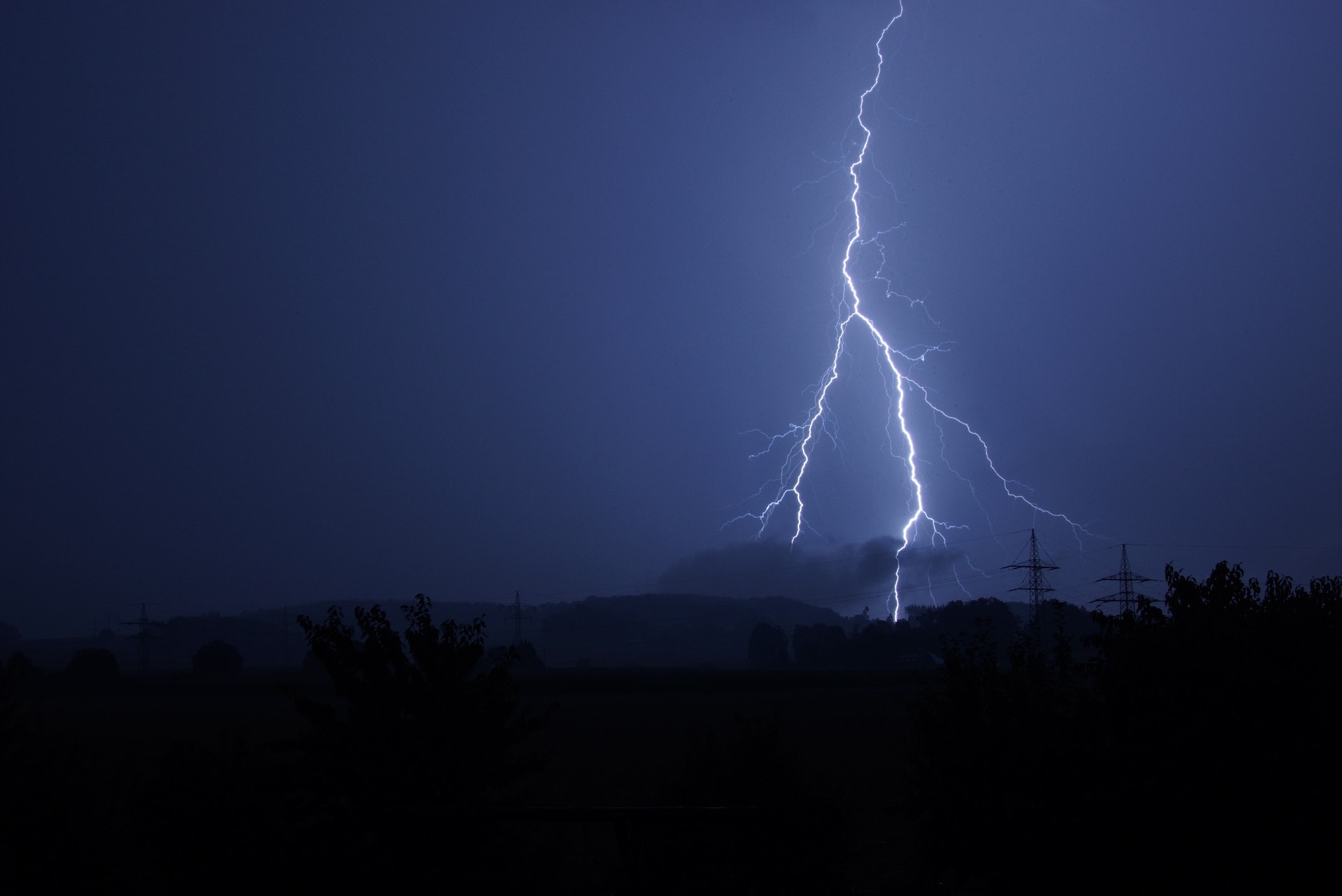
Governor Cooper Reminds North Carolinians to Prepare for Severe Weather
North Carolina Governor Cooper's Office Press Release March 6-12 is Severe Weather Preparedness Week
Raleigh
Mar 7, 2022
Governor Roy Cooper has proclaimed March 6-12 as Severe Weather Preparedness Week and is urging North Carolinians to prepare for severe weather that’s common during spring months.
“North Carolina is no stranger to severe weather, and while spring is typically the most active season for thunderstorms and tornadoes, they can happen any time," Governor Cooper said. “Help protect your family by being prepared for severe weather. Make sure you have an up to date emergency kit, a way to receive alerts about dangerous weather, and a preparedness plan to review with everyone your household.”
Governor Cooper also encourages North Carolinians to participate in this year’s statewide tornado drill on Wednesday, March 9 at 9:30 a.m. At home or at work, that means seeking shelter on the lowest floor of your home or building, in an interior room away from doors or windows.
Tornadoes form during severe thunderstorms when winds change direction and increase in speed. These storms can produce large hail and damaging winds that can reach 300 miles per hour. A tornado can develop rapidly with little warning, so having a plan in place will allow you to respond quickly.
“I encourage everyone to participate in this year’s statewide tornado drill, at home, at work or at school. Having a plan and knowing your designated safe places will go a long way to helping you survive an actual tornado,” said Emergency Management Director Will Ray.
Test messages will be broadcast via the Emergency Alert System on radio and TV and on National Oceanic and Atmospheric Administration (NOAA) weather radios at 9:30 a.m. on Wednesday, March 9, signaling the start of the tornado drill.
Across the state in 2021, North Carolina recorded 21 tornado touchdowns, 101 large hail storms, 344 damaging thunderstorm wind events, 109 flood or flash flood events, which includes the remnants from Tropical Storm Fred that caused deadly flooding in Western North Carolina.
Emergency Management officials recommend the following safety tips:
Develop a family emergency plan so each member knows what to do, where to go and who to call during an emergency.
If thunder roars, go indoors! Lightning is close enough to strike you.
Know where the nearest safe room is, such as a basement or interior room away from windows.
Know the terms: WATCH means severe weather is possible. WARNING means severe weather is occurring; take shelter immediately.
Assemble an emergency supply kit for use at home or in your vehicle. Make sure to include a 3-day supply of non-perishable food and bottled water.
If driving, leave your vehicle immediately to seek shelter in a safe structure. Do not try to outrun a tornado in your vehicle and do not stop under an overpass or bridge.
If there is no shelter available, take cover in a low-lying flat area.
Find more information on tornadoes and overall emergency preparedness online at ReadyNC.gov.
Read the Proclamation.


 How to resolve AdBlock issue?
How to resolve AdBlock issue? 